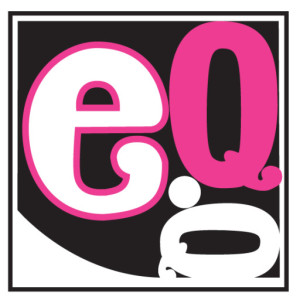
Our partnership of scholars, research and policy institutes, policymakers, educators, community organizations, and youth will inform digital economy policies, especially privacy, and reinvigorate the cyberbullying debate by identifying evidence-based policies that promote healthy relationships and respect for equality online.
The economic model behind e-commerce (i.e. disclosure of information in exchange for service) creates a bias in favour of disclosure. Youth are the key to understanding the privacy implications of this bias, because, as early adopters of online media, they drop terabytes of data (often unknowingly) as they go about their daily lives. This data is processed to target them with behavioural marketing to shape their attitudes and behaviours, often outside the reach of existing regulations because privacy policies do not provide full disclosure of the analytics used (making informed consent difficult), and profiling draws in non-personal data (which sidesteps the consent process).
Moreover, the marketing analytics used sort youth into categories that often reproduce real-world patterns of discrimination. Marketers use the resulting profiles to integrate messages into youth’s social environment, encouraging them to internalize the identity created for them by the algorithmic sort itself, creating a feedback loop that reinforces mainstream stereotypes: online architectures encourage certain kinds of identity performances (e.g. highly sexualized performances of girls), and combine with social norms to open youth up to discrimination (e.g. slut shaming, homophobia).
To respond to these key areas, our partnership has four interrelated objectives:
-
-
- To create new knowledge about commercial data practices and their impact on youth, by mapping out how online and mobile information infrastructures combine with social norms to expose young Canadians to discrimination and cyberbullying;
- To create new knowledge about the ways in which diverse groups of young people conceptualize privacy and the potential for equality in networked spaces;
- To contribute to digital media policy making by disseminating this new knowledge to policy makers and members of the public; and,
- To create educational outreach materials that will: help young Canadians make the most of their digital media experiences; that are grounded in needs and desires identified by youth themselves; and that are responsive to programming; and, educational gaps identified by our partners based on their on-the-ground experience with serving young people and their families in their communities.
-





